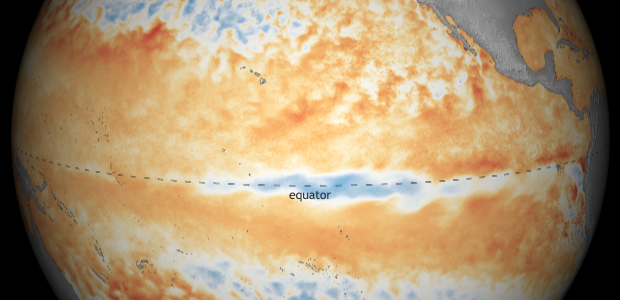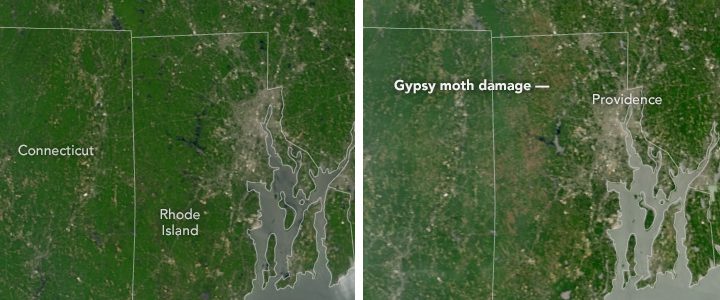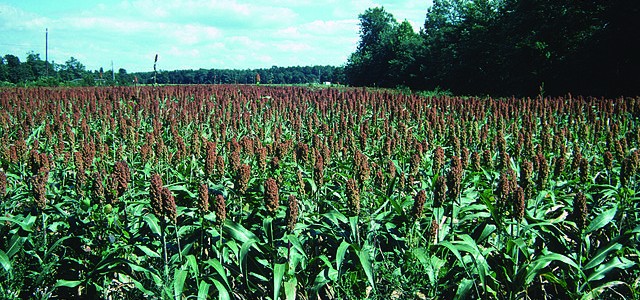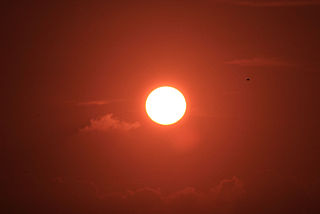Climate and Ag in the news
-

NOAA’s latest El Niño blog entry came out while I was on vacation. You can read it here. In it they note that we are now in neutral conditions, since El Niño has finally decayed away. But the likelihood is that the ocean will swing to a La Niña pattern in the next few months,…
-

The State Climate Office of North Carolina posted a description of the locally heavy rains that occurred in central NC this past Saturday on their blog at https://climate.ncsu.edu/climateblog?id=197&h=5666e5c1. One CoCoRaHS observer in Cary NC reported 7.52 inches for the day. Estimates of the return period are that some areas received a 100-year event or more. If…
-

NASA’s Earth Observatory posted a striking pair of pictures recently showing the massive defoliation caused by gypsy moth caterpillars in Rhode Island. It’s amazing to me how much damage the caterpillars were able to do to the tree canopy there in just a month. You can read about it and see the pictures in more…
-

I ran across a couple of articles this week describing the impacts of climate on cattle feed which you might find interesting. Growing Georgia published an article from Clint Thompson at UGA discussing the benefits of using forage sorghum instead of corn in areas that have water deficits. Sorghum uses less water and can be…
-

With less than a month to go until school begins again in parts of the Southeast, thought are starting to turn to football, and schools are preparing to start football practice in anticipation of the upcoming season. But with the hot weather we are having this year, the danger of excessive heat on the health…
-

So far 2016 is shaping up to be a bad year for wildfires across the US, especially in the West. This brings special problems for people who maintain livestock outside where they may be affected by the blazes. Growing Georgia posted a story this week about some of the challenges that ranchers face in helping…
-

July 4 marked the day when the earth was the farthest from the sun in its orbit around our favorite star (we call that aphelion). In spite of what you might think, the seasonal swings in temperature are not controlled by our distance from the sun but by the tilt of the earth towards or…